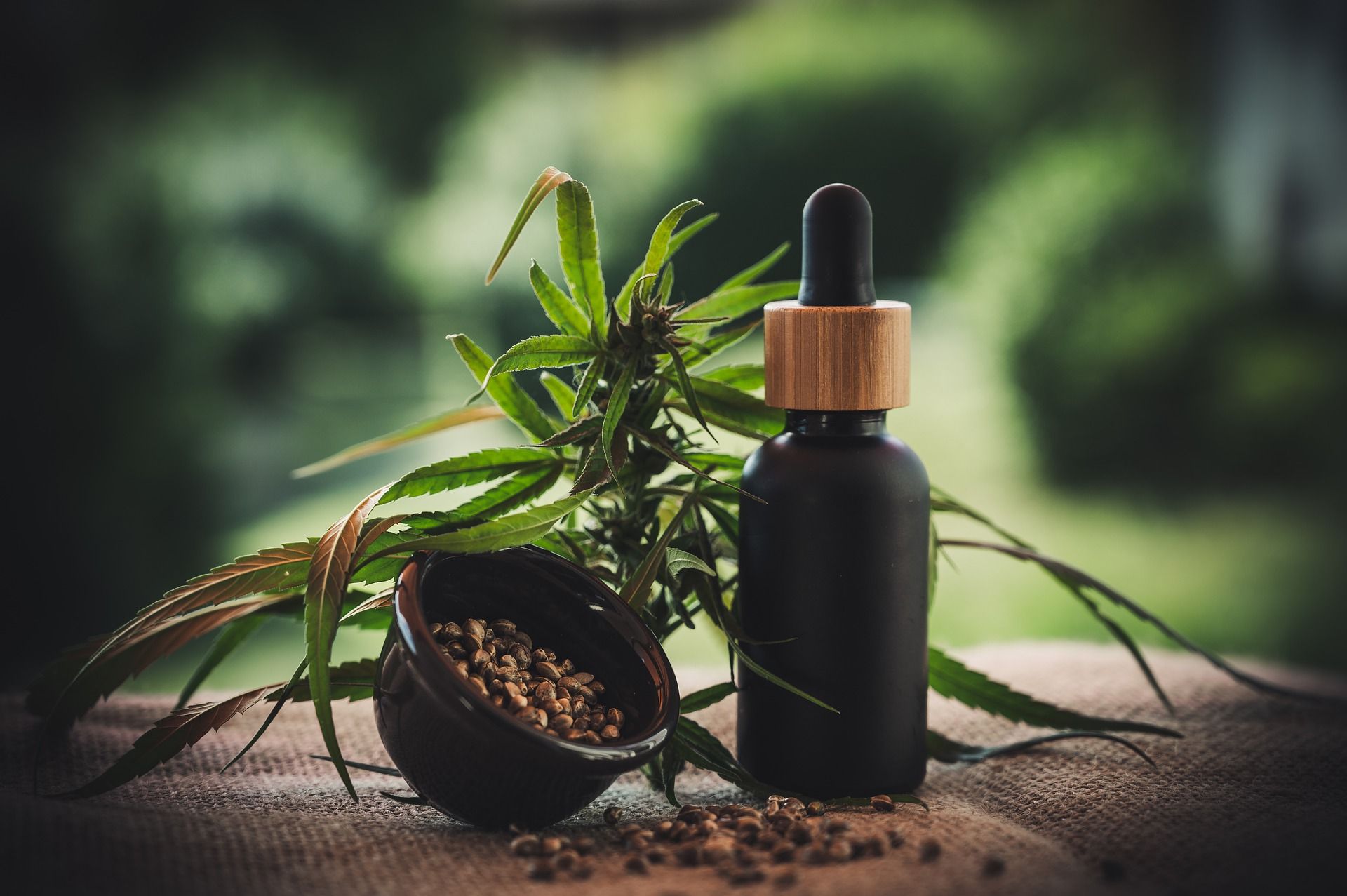Tetrahydrocannabivarin (THCV) is a lesser-known cannabinoid gaining attention for its unique effects, including potential energy-boosting and appetite-regulating properties. While much research on THCV is still in early stages, scientists are uncovering how this cannabinoid is metabolized in the body and whether its effects are fast-acting, long-lasting, or somewhere in between.
The Basics of Cannabinoid Metabolism
Like THC and CBD, THCV is processed primarily through the liver after being absorbed into the bloodstream. The body uses a system of enzymes called cytochrome P450 to break down cannabinoids. These enzymes convert THCV into metabolites, which then circulate through the body before being excreted.
The method of consumption plays a critical role in how quickly THCV takes effect and how long those effects last:
- Inhalation (smoking or vaping): Effects can be felt within minutes, as THCV bypasses digestion and enters the bloodstream through the lungs.
- Oral ingestion (edibles, tinctures, capsules): The compound passes through the digestive system and liver, leading to a slower onset but potentially longer-lasting effects.
- Sublingual (under the tongue): This method provides a balance, with faster absorption than edibles but potentially more sustained effects than smoking.
Fast-Acting Nature of THCV
One of the reasons THCV has been nicknamed “the sports car of cannabinoids” is because of its quick onset when inhaled. Users often report a burst of energy and mental clarity within minutes. This rapid onset occurs because inhaled cannabinoids reach peak plasma concentrations faster than ingested ones.
Interestingly, THCV also interacts differently with the body’s endocannabinoid system (ECS) compared to THC. At low doses, THCV acts as an antagonist at CB1 receptors, meaning it blocks rather than activates them. This may contribute to a shorter and sharper effect profile, especially for energizing and appetite-suppressing outcomes.
How Long Do THCV’s Effects Last?
The duration of THCV’s effects depends on dosage, delivery method, and individual metabolism. Generally:
- Inhaled THCV: Effects may peak within 30 minutes and taper off within 2–3 hours.
- Edible THCV: Effects may begin after 45–90 minutes and last up to 5–6 hours, though intensity can vary.
- Sublingual THCV: Duration often falls between inhaled and edible experiences, lasting 3–4 hours on average.
Compared to THC, THCV’s energizing effects tend to feel more fleeting, but its potential metabolic and appetite-regulating influence may linger longer in the background.
Factors That Influence THCV Metabolism
Several factors can affect how THCV is processed:
- Individual metabolism: Faster metabolic rates can shorten the duration of effects.
- Dosage: Higher doses may extend the experience, particularly with oral products.
- Combination with other cannabinoids: THCV is often consumed alongside THC or CBD, which can alter its onset and duration.
- Food intake: Ingesting THCV with a high-fat meal can increase absorption and extend effects.
Fast-Acting or Long-Lasting?
In short, THCV is often described as fast-acting but not especially long-lasting when inhaled. However, in edible or tincture form, its influence can stretch out much longer. This dual profile makes it attractive for consumers seeking either quick bursts of clarity or more sustained appetite and focus support.
As research continues, scientists will likely refine our understanding of how THCV’s unique receptor activity and metabolic pathway shape its effects. For now, consumers can experiment with different forms to determine whether they prefer THCV’s rapid spark or its extended subtlety.

